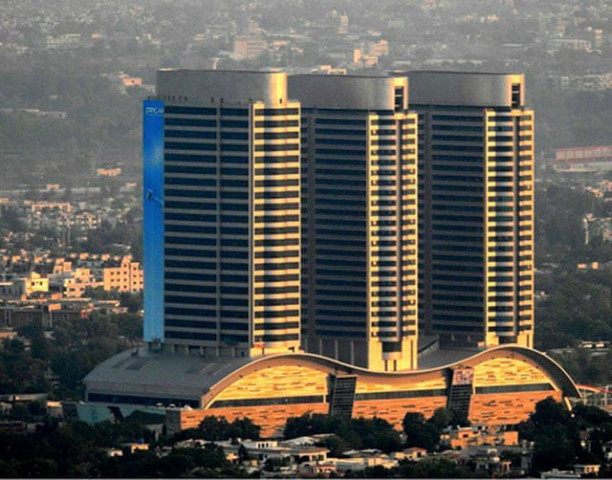Real estate set to win biggest tax amnesty
Govt official says scheme will be implemented through ordinance or bill

PHOTO: memecenter
Finance Minister Ishaq Dar and representatives of the real estate sector discussed the broader contours of the amnesty scheme, which will be implemented by either promulgating a presidential ordinance or introducing a bill in parliament, said a government official. It was the third round of talks in last four days.
Taxing real estate: Govt forms body to address concerns of property dealers
After the talks, Dar told media that the next meeting will be held on Wednesday in which real estate sector representatives and FBR officials will share their respective property valuation rates. “On Wednesday, the two parties will reach a consensus as things are going towards positive direction,” he said.
Real estate sector representatives would bring their own property valuation rates of 18 main cities and FBR officials will share their rates. On the basis of both the rates, valuers will work out ‘consensus rates’. These determinations then will become the base for giving amnesty on past transactions and calculating taxes on future transactions, said the officials.
Dar ducked three repeated questions on whether the government was going to give another tax amnesty scheme and left the venue. It will be the tenth amnesty scheme in the history of the country and the third of the PML-N government in last as many years. The government’s last tax amnesty scheme to traders miserably failed, as it could bring in only 9,090 traders in the net against the claim of over one million.
The need for the tax amnesty scheme arose after the government brought legal changes to determine fair market value of the properties by amending Income Tax Ordinance through Finance Act 2016. However, a move that was initially aimed at capturing actual income gains from the property transactions would end up whitening about Rs7 trillion untaxed and black money currently parked in the real estate sector.
Real estate sector, govt close to breakthrough on controversial tax decisions
The ill-conceived changes in the tax law immediately created two problems, putting a question mark over trillions of rupees transactions carried out till June 30 and the fair market value of the future transactions, said a senior government official who attended the negotiations.
A government official told The Express Tribune that it has been decided that the government would not ask the source of income of the past transactions from investors.
Abdul Rauf Alam, President Federation of Pakistan Chambers of Commerce and Industry (FPCCI), said that this issue was not only the issue of real estate and builders associations but it was the issue of every businessperson, industrialist, importer, exporter and bureaucrat.
Since the beneficiaries of the schemes are from all segments of society, the scheme is expected to pass through all the legal obstacles, said FBR officials.
“The big players in speculative business in real estate and capital markets are the beneficiaries of policies of appeasement,” said eminent tax expert Dr Ikramul Haq. He said these big players, in between politicians and corrupt bureaucrats, get their share courtesy a few leading tax experts who in connivance with some stalwart in FBR provide support to tax evaders. Haq added that the whitening of assets by compromise is a great fraud depriving the country of trillions of rupees in taxes.
According to the broader contours of the likely amnesty scheme the government would settle the past property transactions by charging a fixed tax of 4% to 5% of the price differential between the deputy collector rates and the new rates, which will be determined by next week.
Published in The Express Tribune, July 22nd, 2016.



















COMMENTS
Comments are moderated and generally will be posted if they are on-topic and not abusive.
For more information, please see our Comments FAQ